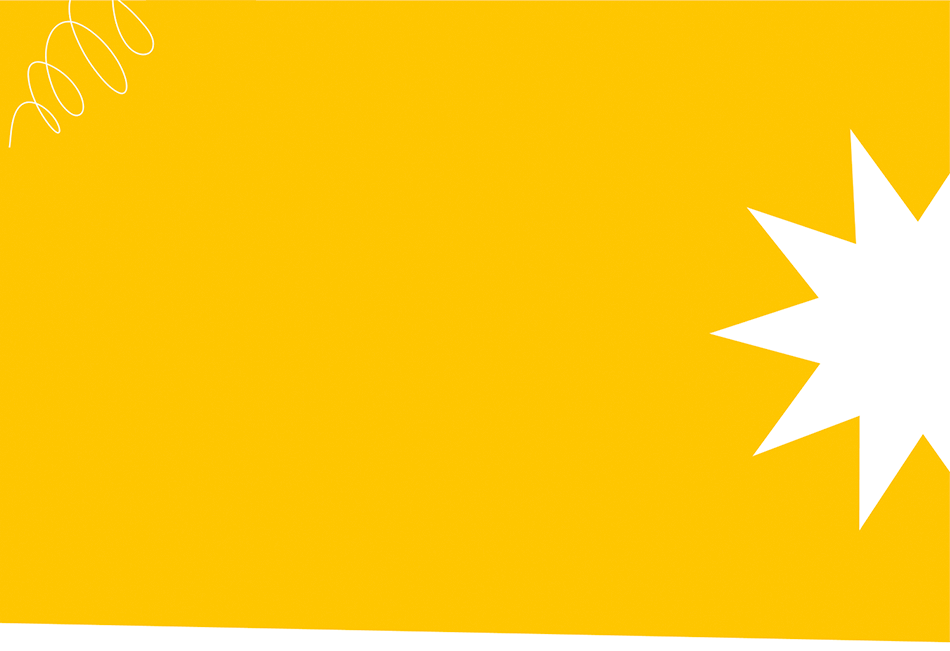
Eligibility and Evidence
The DSA stands for Disabled Students’ Allowance, and it is a grant that covers support and other study-related costs you have because of a mental health condition, long-term illness, or any other disability.
You can receive it on its own or in addition to any student finance you get, and you don’t need to pay it back. You can also receive DSA while claiming PIP. DSA provides equipment, resources and 1-2-1 support based on your individual needs assessment. It’s important to remember that the type of support and how much you get depends on your individual needs - not your household income. If in doubt, ask your university’s disability services!
-
You can get many different types of study-related support through the Disabled Student’s Allowance. Such as assistive technology (software), hardware, or non-medical support. You can also receive a laptop, specialist equipment such as a chair, printer, and a study skills tutor to help you manage your time and workload.
-
Step 1: Find out if you’re eligible using our eligibility checker and collect the correct evidence.
Step 2: Apply online. You can apply for the DSA at the same time you are applying for Student Finance or fill out a separate application at any point in your studies. Once student finance receives your DSA application, it might take them around 6 weeks to let you know if your application is successful, and up 14 weeks in total to have your support in place.
Step 3: Depending on where you live, you will be allocated with a supplier, either Capita or StudyTech. You will need to provide your disability evidence to your supplier as well as your funding body. Once you’ve done this, your supplier will be your one point of contact throughout the rest of the application process for both the needs assessment, and arranging your support. Once your eligibility for DSA has been confirmed, student finance will send you a DSA1 letter, which will tell you how to book your Needs Assessment.
Step 4: Your Study Needs Assessment will be organized by you and your supplier. You can do your Needs Assessment in person or virtually, whatever best suits you. Your needs assessment is not a test - you will simply be asked how you study and what additional support you might need to achieve the best results. You will then receive a copy of your Needs Assessment report. If you require any changes you can contact your supplier to discuss this.
Step 5: You will then receive your DSA2 entitlement letter, detailing how to access your support. Capita or StudyTech will then arrange your support, including the installation, set up and training of any software or equipment provided.
“Thanks to your guide I ended up knowing all the processes, and realised my school could write me a letter of evidence as well as my doctor! Thanks so much it was very helpful! ”

Am I Eligible?
You can apply for Disabled Students’ Allowance (DSA) if you have a disability that affects your ability to study, and impacts your daily life on a long-term basis. Use our Eligibility Checker below to check if you would be eligible for support.
You can apply for Disabled Students’ Allowance if you have:
Learning difference (for example dyslexia, dyspraxia, or ADHD)
Mental health condition (for example anxiety or depression)
Physical disability (for example if you have to use crutches)
Long-term health condition (for example cancer, chronic heart disease, or HIV)
You must also:
Be an undergraduate or postgraduate student in the UK (including Open University or distance learning, for example in college or university)
Qualify for student finance
Be studying on a full-time or part-time course that lasts at least one year
There are no ‘previous study’ restrictions for DSA, meaning if you’ve already taken a higher education course, you can still qualify for DSA. The amount you receive, however, may be subject to what you have received before. For example, you may not be entitled to new equipment if you already have the same equipment from a previous allowance.

Getting your evidence
The evidence you’ll need to provide will depend on the mental health condition, disability or SpLD that you have. If you’re applying for DSA with a Specific Learning Difference (SpLD) such as dyslexia or ADHD you will need to provide a diagnostic report from a qualified psychologist or specialist teacher.
If you are applying for DSA with a mental health condition, physical disability, or a long-term health condition you will need a medical professional (your GP) to complete a DSA Evidence Form.
If you use assistive technology (such as a screen reader) you can request an accessible format of the DSA Evidence Form.
In order to receive DSA, you need an official diagnosis. There are no restrictions on when you received your diagnosis. You will need to send evidence of your eligibility to both your funding body and your supplier.
Getting a Private Diagnosis as an Adult - NeuroElevate
NeuroElevate offers comprehensive private diagnostic assessments for individuals aged 8 through to adulthood, conducted by highly experienced and qualified specialist teachers. Their team is equipped to diagnose dyslexia and provide identification of dyspraxia (DCD), and ADHD. Identification of Dyspraxia/DCD and ADHD is not a formal clinical diagnosis. This identification can, however, support the application for DSA funded support for Higher Education learners. NeuroElevate aim to make their assessments as accessible as possible, offering remote appointments, competitive pricing and split payment options.
-
If you’re applying for DSA with a Specific Learning Difficulty (SpLD) such as dyslexia or ADHD you will need to provide a diagnostic report from a qualified psychologist or specialist teacher.
You might have had an assessment such as this in high school. These assessments don’t have an expiration date, as long as the test is correct and reflects what DSA is looking for. If you are unsure whether the assessments that you have completed in the past are correct or if they’re enough - send it anyway, your funding body will let you know if anything is missing. You can always ask your assessor which specific test is missing for your application and complete that one test as opposed to going through the full assessment process again.
-
If you are applying for DSA with a mental health condition, physical disability, or a long-term health condition you will need a medical professional (your GP) to complete a DSA Evidence Form for you.
Book an appointment with your doctor, explain to them that you are looking to apply for Disabled Students Allowance and they should be able to support you with the evidence that you need! Depending on where you live, you might have to pay for a doctors note, but this is usually a small amount.

Did you know?
You can get presentation support via the DSA!
Students’ confidence in presentations doubled after using Present Pal. As a member of This Student Needs, you can try Present Pal free for 30 days!
Find out more about the Present Pal App and how you can be supported with presentations through the DSA below.

New to the DSA
Research and Summarisation Software
Tailo is a new web-based reading platform that is available through the Disabled Students’ Allowance.
Ever been lost in a sea of dense academic texts? Tailo transforms your study materials into clear formats, proving concise content overviews that make study time efficient and stress-free.
FAQs
-
Some SpLDs like dyslexia are not considered a medical condition and so a diagnosis is not covered by the NHS. This means you’ll need to book your own diagnostic assessment. The British Dyslexia Association and The Dyslexia Association have information on how to book with their team of experienced diagnostic assessors, the cost and requirements.
The British Psychological Society has a directory where you can find a suitable psychologist.
Make sure to let them know that your assessment is for your DSA application, so the assessor has up to date knowledge about the process.
Other learning differences like ADHD can be assessed through the NHS. You’ll need to talk to your GP and ask for a referral.
-
The type of DSA evidence form you need depends on where you’re studying.
Scotland - SAAS DSA Evidence Form
England - SFE DSA Evidence Form
Wales - SFW DSA Evidence Form
Northern Ireland - SFNI Evidence Form
-
The best way to check if you qualify for the DSA is to take our eligibility checker at the top of this page.
-
The NHS or government services allows you to search for local GP practices based on city, town or postcode, depending on where you’re studying. Their address and directions are usually listed:


 1: Eligibility and Evidence
1: Eligibility and Evidence  2: How to Apply
2: How to Apply 3: The Needs Assessment
3: The Needs Assessment 4: Using Your Support
4: Using Your Support

